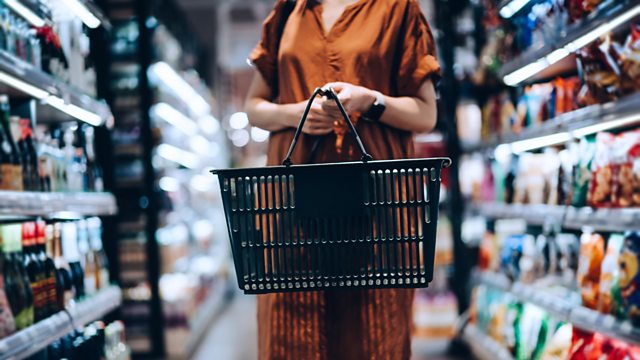What is the cost of lower inflation?
As prices rise, central bankers across the world are aiming to tackle inflation. We look at whether this is actually the best way forward, and the economic impact it might have.
With food and heating prices going up, and wages not rising at the same rate, there is pressure on central bankers across the world to tackle inflation. But is this the right approach? And can it be done without crashing the economy?
Ed Butler hears from parents at a cheerleading class in Castleford in northern England, who are concerned about rising prices. They say it is the food shopping where they have noticed the price rises – with one parent shopping online to stop children asking for more items.
Jason Furman, a Harvard professor and President Obama's chief economic adviser, explains how we have reached this position – largely as a result of the pandemic and resulting government responses, and the invasion of Ukraine.
Former Federal Reserve economist Claudia Sahm explains how prices are rising for the core essentials - hitting poorer households disproportionately which is an issue for the whole economy.
And why do we have a 2% inflation target? Mohamed El-Erian, veteran economist and president of Queen’s College, Cambridge, talks about the historical factors around this 'desirable' number.
Presenter/producer: Ed Butler
(Photo: Woman with shopping basket. Credit: Getty Images)
Last on
More episodes
Broadcast
- Fri 3 Feb 2023 08:32GMT����ý World Service
Podcast
-
![]()
Business Daily
The daily drama of money and work from the ����ý.


